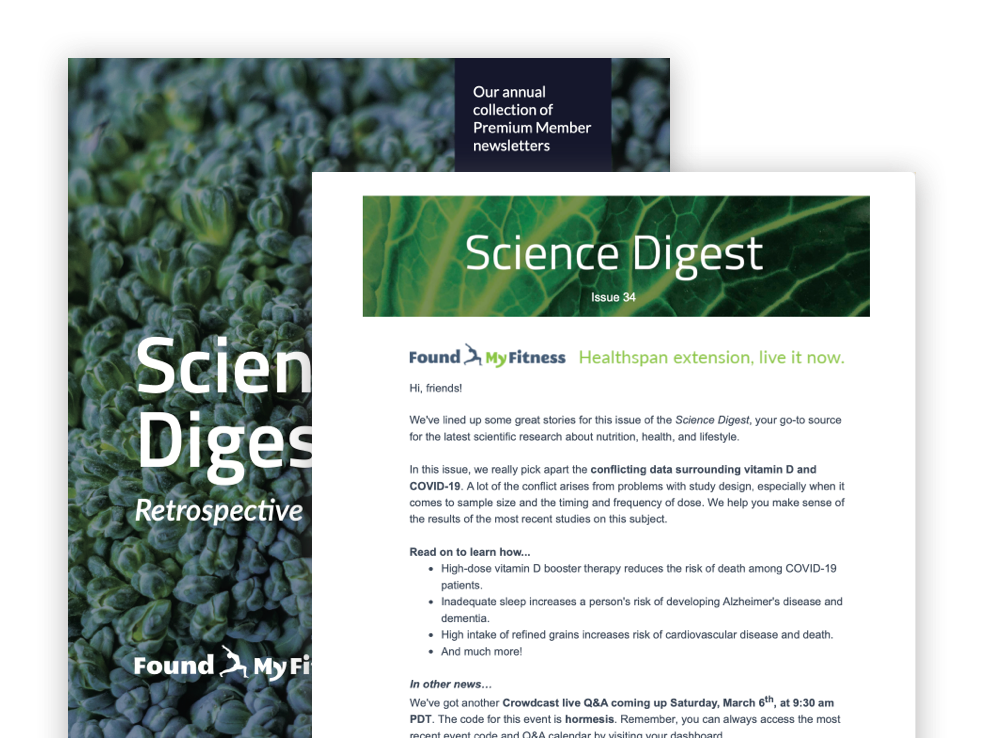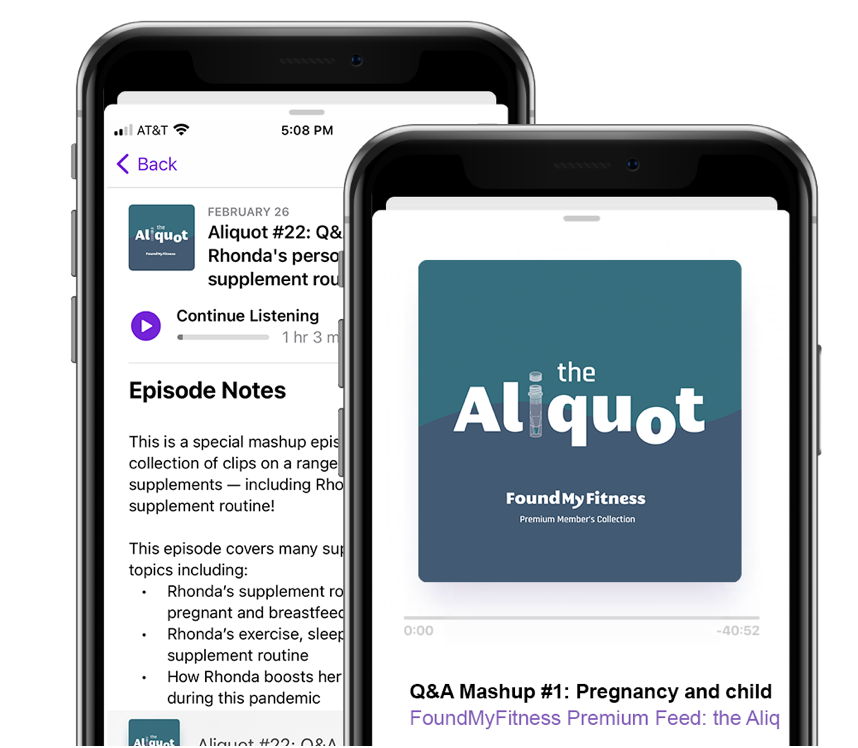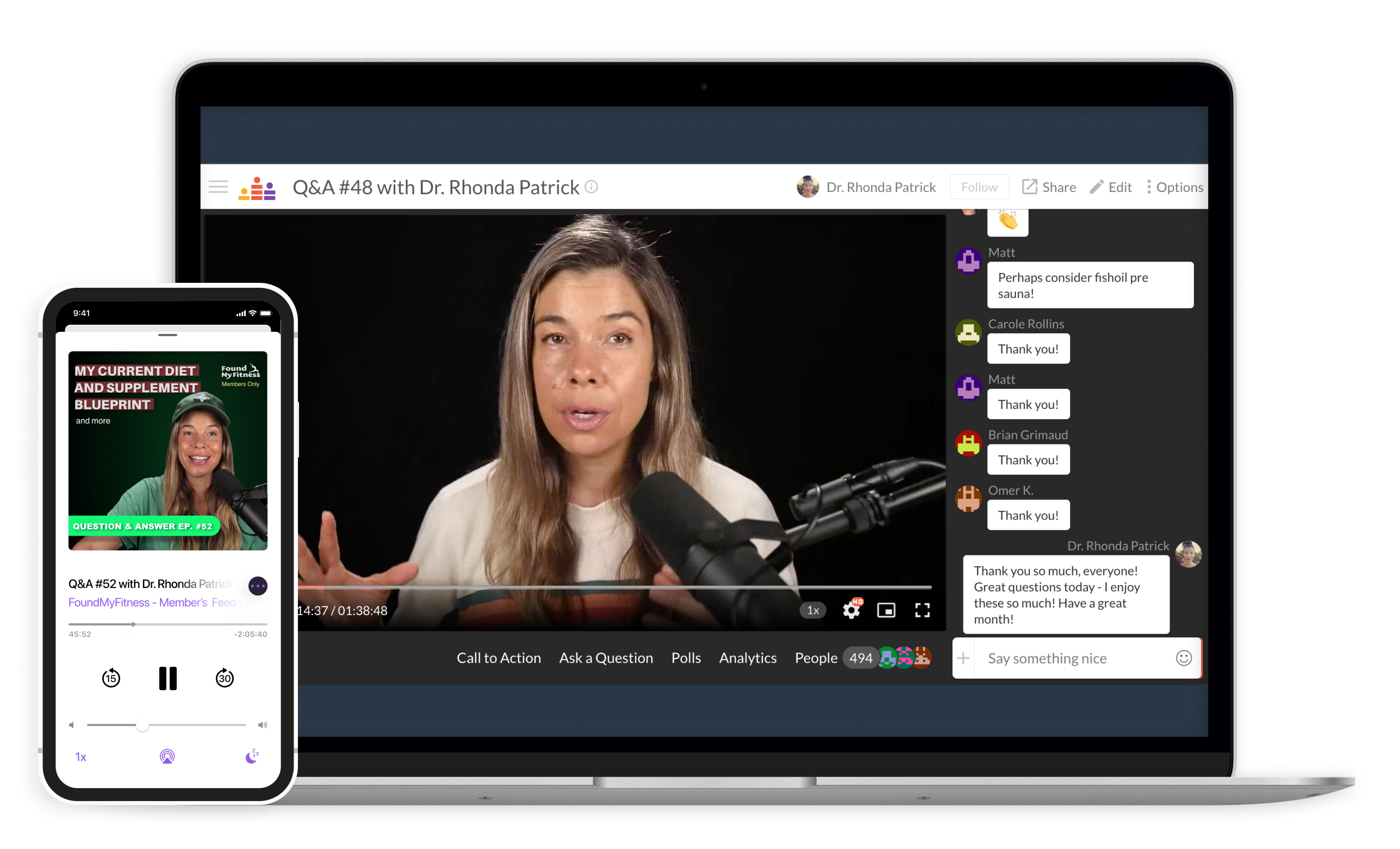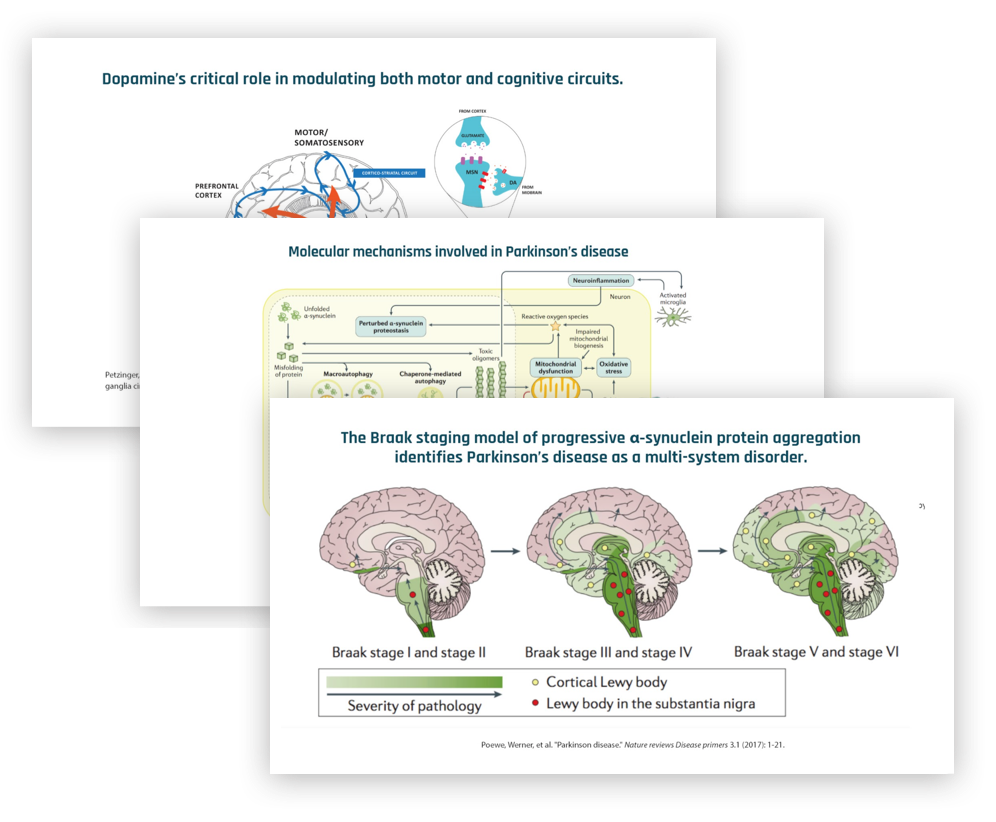



By becoming a member of FoundMyFitness premium, you'll receive the Science Digest every-other-week covering the latest in my exploration of recent science and the emerging story of better living — through deeper understandings of biology.

- Ketogenic diet, by replacing glucose with ketones as an energy source, lessens alcohol cravings among people with alcohol use disorders.
- Omega-3 fatty acids reduce the risk of cardiovascular disease-related death by up to 23 percent, especially in people with high triglyceride levels.
- Women see a 24 percent drop in premature death risk with just 140 minutes of weekly activity – half the time men need for similar benefits.
- Aging undermines the brain's capacity for maintaining working memory, with subtle declines in neuron activity and connectivity in the prefrontal cortex.
The body’s appetite feedback circuit is a sophisticated system that regulates hunger and satiety to maintain energy balance. Suppressing this circuit is essential to successful weight loss before reaching a plateau. A recent study found that weight-loss interventions vary in their capacity to overcome the body’s appetite feedback circuits by as much as threefold.
A researcher used a validated mathematical model to simulate the body’s weight-loss response to calorie restriction, glucagon-like peptide receptor agonists (GLP-1 RAs, a class of drugs primarily used to treat type 2 diabetes and obesity), and bariatric (gastric bypass) surgery. The model predicted how these interventions influenced body weight by simulating changes in caloric intake, energy use, and appetite over time.
He found that weight loss plateaued at around 12 months with calorie restriction and at around 24 months with GLP-1 RAs or gastric bypass surgery. The drugs and surgery were between 40 and 70 percent more effective at suppressing appetite than calorie restriction, aligning with data indicating that most people find calorie restriction challenging to adhere to, especially for an extended period.
These findings suggest that weight-loss interventions vary in their capacity to overcome the body’s appetite feedback circuits, influencing their effectiveness. Unfortunately, many people regain weight after successful weight loss, possibly due to changes in their gut microbiome. Learn more in this episode featuring Dr. Eran Elinav.
Migraine is a neurological disorder commonly manifested as severe headache pain accompanied by nausea, vomiting, and light sensitivity. Approximately 15 percent of people worldwide experience migraine, with women reporting migraine more often than men. A new study shows that migraine increases a person’s risk of vascular dementia.
Researchers used data from a large, population-based cohort study involving nearly 6 million adults with or without regular migraines. They tracked the participants' health for about ten years and assessed their risk for developing vascular dementia.
They found that people with chronic migraines were 33 percent more likely to develop vascular dementia than those without. Those with episodic migraines were 16 percent more likely. The risk of developing vascular dementia was greater among younger people, women, non-smokers, and those without hypertension or diabetes.
These findings suggest that migraine increases the risk of developing vascular dementia, possibly manifesting in younger, otherwise healthy adults. Migraines and vascular dementia share many pathophysiological traits that may explain their interconnected risk. For example, both conditions elicit alterations in cerebral blood flow, with migraines characterized by impaired blood vessel tone and responsiveness and vascular dementia characterized by chronic cerebrovascular insufficiency. In addition, inflammatory processes contributing to brain endothelial dysfunction play a critical role in both disorders.
However, some evidence suggests magnesium prevents migraines. Learn more in this clip featuring Dr. Rhonda Patrick.
Scientists estimate that the number of people with myopia – commonly known as nearsightedness – will be as high as 4.7 million by 2050. Correcting myopia is costly and typically involves prescription glasses, contact lenses, or refractive surgery. A recent review and meta-analysis found that repeated low-level red-light therapy improves myopia progression in children.
Researchers analyzed the findings of five randomized controlled trials investigating the effects of repeated low-level red-light therapy on myopia versus prescription glasses in children. The studies included 833 participants, about half of whom received red-light therapy. The parameters measured included axial length (distance from the front to the back of the eye), spherical equivalent refraction (the power needed to correct vision), and subfoveal choroidal thickness (thickness of the layer beneath the central part of the retina).
They found that repeated red-light therapy improved all vision parameters at multiple follow-up periods during the studies. At the 12-month follow-up assessment, the children experienced a 0.31-millimeter decrease in axial length and a 0.63 increase in spherical equivalent refraction, indicating marked improvements in myopia progression and eye structure. These findings suggest that repeated low-level red-light therapy effectively slows or reduces myopia progression in children, leading to less elongation of the eyeball and improved vision.
Red-light therapy is a form of photobiomodulation, a non-invasive, light-based therapeutic technique. Photobiomodulation employs specific wavelengths of light to stimulate biological processes within cells and tissues, triggering a cascade of physiological responses. Evidence suggests photobiomodulation has potential applications in medicine, dentistry, cosmetic procedures, and scientific research. Learn more about photobiomodulation in our overview article.





















